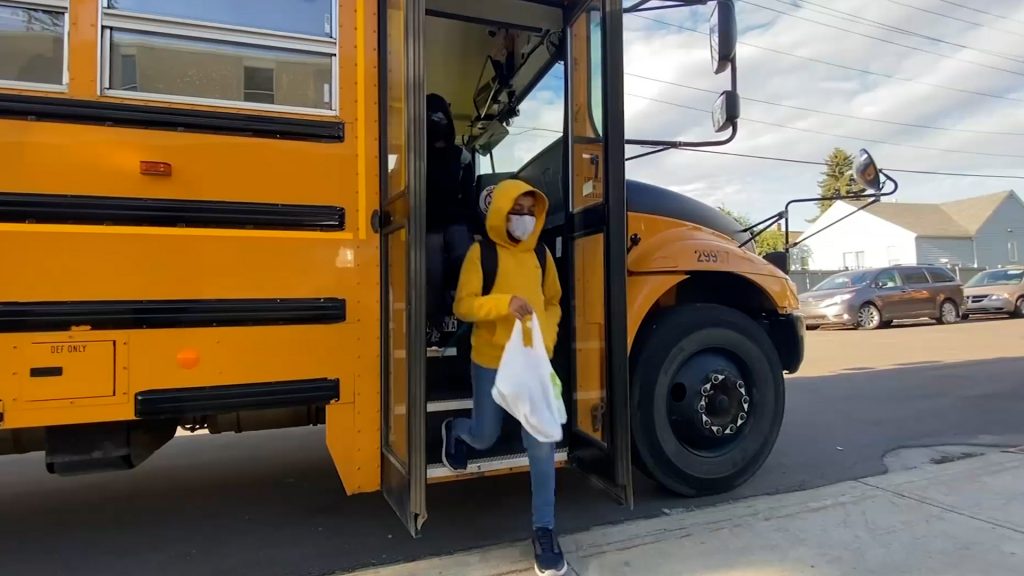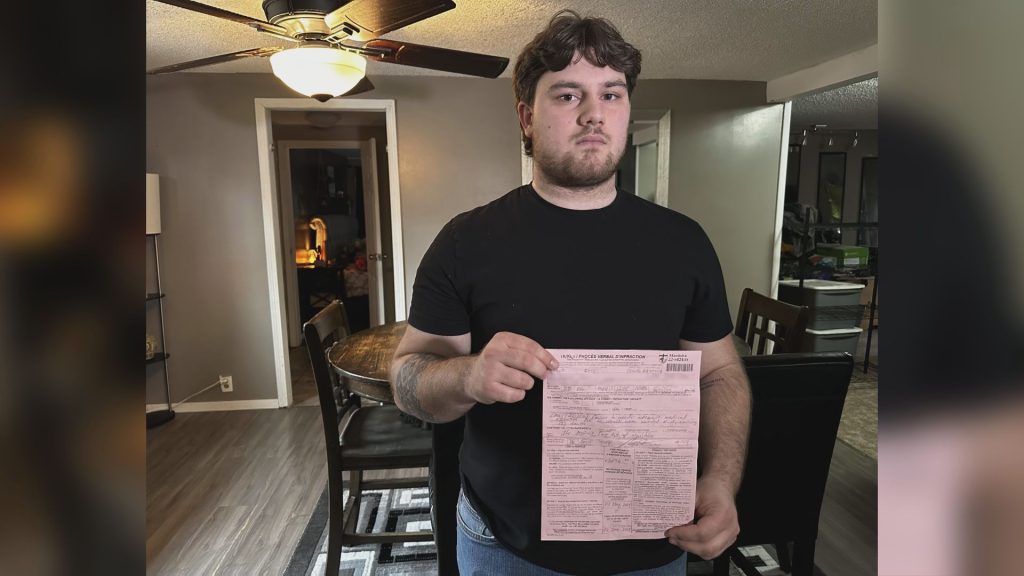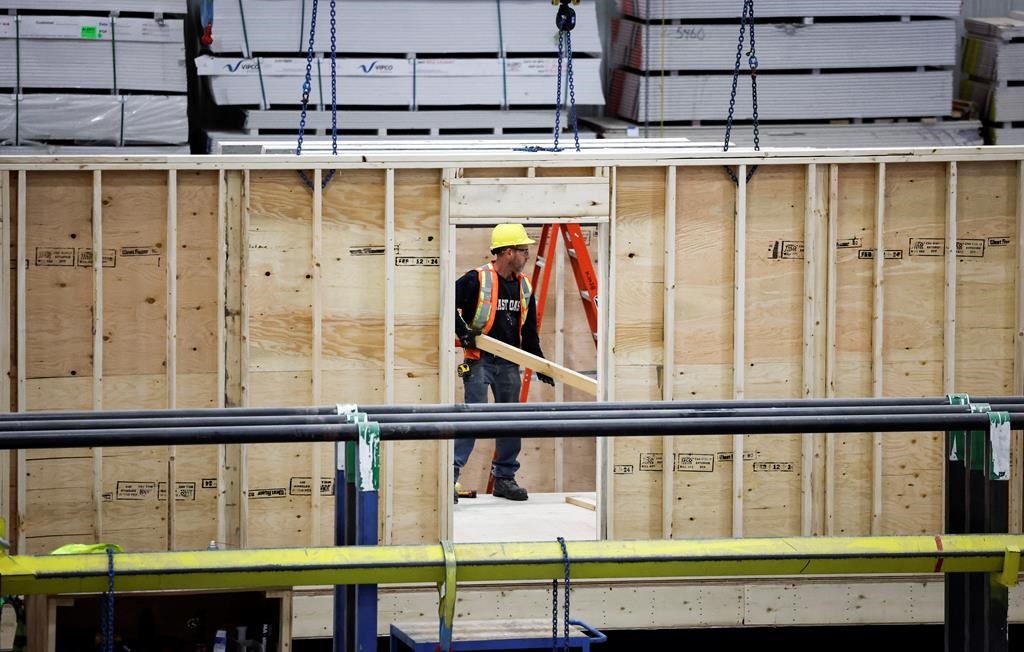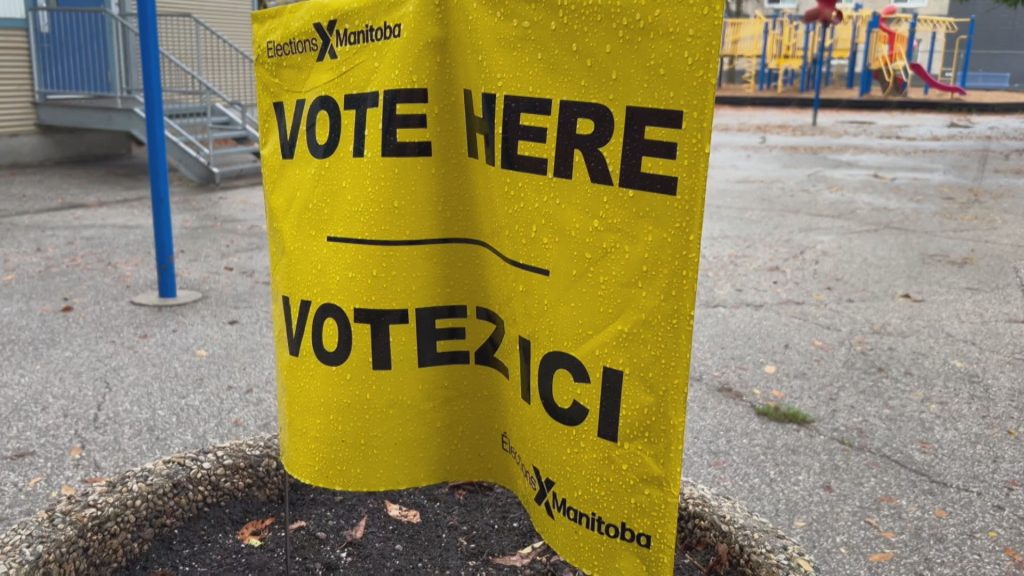Mask mandate end can be a tough shift for kids with autism

Posted March 14, 2022 1:28 pm.
Last Updated March 14, 2022 3:29 pm.
For many people in B.C. and other provinces across Canada, wearing a mask is now a personal choice. However, for children with autism spectrum disorder, adapting to seeing people without masks and not having to wear theirs can be a major cognitive shift, which can take a lot of getting used to.
Dr. Christine Korol, a psychologist and director of the Vancouver Anxiety Centre, says for children with autism, a change in routine can be very upsetting, and after two years of donning masks, some will need a lot of preparation and reinforced understanding of the change.
“What you want to do as a parent is talk to everyone on your child’s team, [including] the medical professionals that have some concerns about safety in the classroom. Talk to teachers. Understand the climate in your child’s particular classroom, what feels safe for your family, and then be clear with the child about the changes that are coming.”
Related video:
According to Autism Canada a change in routine — such as no longer putting on a mask before leaving the house and seeing everyone else without masks in public — can feel overwhelming, confusing, and unpredictable to kids on the spectrum.
Korol says when she is working with families to help ease anxiety over unpredictability and changes, she focuses on ensuring kids feel safe and heard.
“What I am looking for is ‘What’s the worst case scenario? What are you really afraid of?’ Surprisingly, sometimes it’s not what you think it’s going to be. So we want to put a plan in place so kids feel safe and comfortable.”
However, a major concern from experts is the possibility of harassment from peers or strangers towards people with autism who choose to continue to wear their masks out of routine and a sense of safety.
“When I work with kids, I often work on assertiveness and how to push back firmly or to not care. It can be quite simple with kids to have a few things in their pocket, like ‘I’m good with it,’ or ‘I believe in freedom.'”
Korol says, children with autism are often still learning basic social cues and how to navigate communication, so preparing them with phrases in case they encounter harassment is key to ensuring their safety and self confidence.
Related stories:
-
B.C. mask mandate officially ends, how do people feel?
-
End of B.C. mask mandate makes some immunocompromised feel unsafe
-
End of B.C.’s individualized autism funding ‘could be devastating for some families’: advocate
Although masks can still be worn, Korol says it is important to ensure kids on the spectrum adapt as times change, and when public health orders change, so does the narrative around how to behave in public.
“I certainly see some work helping kids feel more comfortable letting go of their masks. Some kids will just happily discard their mask. It depends on the child, some will be okay and others might be a little bit more nervous or they might you might need to talk to them about safety. So you want to find out exactly why they’re nervous and then help them feel comfortable and build a plan so they can gradually move in the direction that your family wants to move in.”
Related video:
On March 11, B.C. lifted its mask mandate for almost all indoor public spaces, though the rule change does not take effect for school settings until March 28, when kids return from spring break.
Korol says parents and caregivers should use the break as an opportunity to help prepare kids for a mask-less return to school, whether they choose to wear a mask or not, ensuring kids are prepared to see peers’ and teachers’ entire faces.
B.C.’s vaccine passport program will end on April 8.








